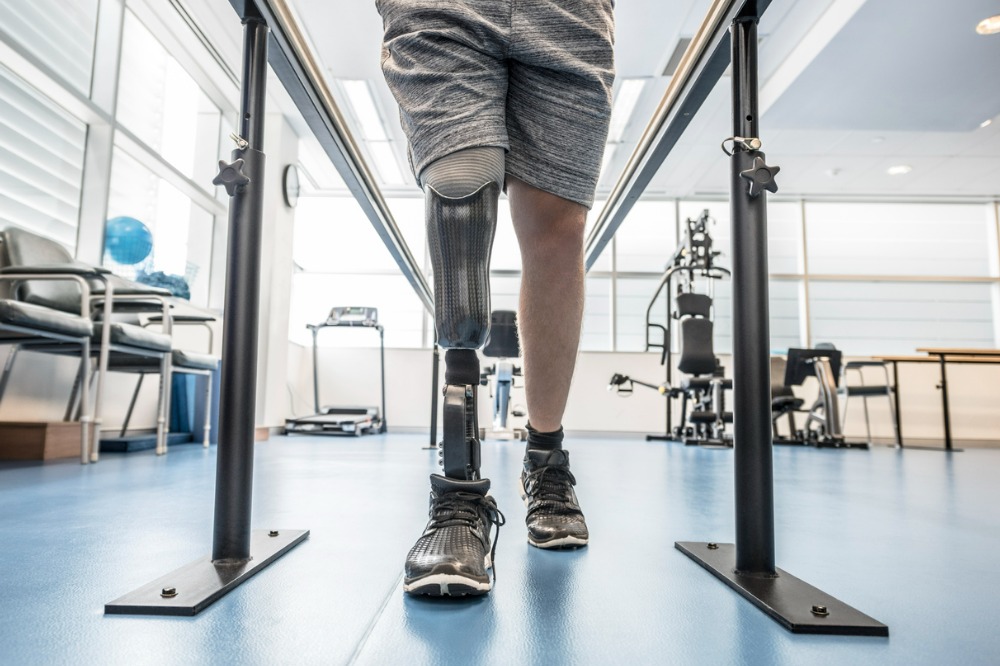Members Health insurers welcome prostheses regulation improvements

Members Health CEO Matthew Koce said fixing the assessment process for listing medically implanted devices or prostheses is a crucial step for improving the governance of medically implanted devices funded by private health insurers.
“We are particularly pleased that the new arrangements remove the involvement of stakeholders with direct and indirect pecuniary interests that could conflict with their duties on such a committee,” Koce said.
“Prostheses regulation in Australia has been heavily influenced by big global medical technology companies and beset by too much controversy for far too long.”
Price comparison of implanted devices between Australia and overseas
The latest pricing data between Australia and France showed that the world’s largest manufacturers of hip replacement components charge 130% to 190% more in Australia, while those for pacemakers charge from 24% to 84% more.
“There can be no question that a system is in crisis when Australians pay up to 191% more for life-changing medical devices when compared to prices charged overseas,” Koce said.
“It is good to see Minister Butler taking such decisive action after only being in office for such a short period of time, with further reform on the way.
“Clearly, this is a minister who puts the public interest first, not big business, and he deserves to be commended.”
A positive step in the right direction for better governance of medically implanted devices.
Due to regulatory failure, the cost of medically implanted devices can be many times more expensive in Australia than in comparable overseas countries.https://t.co/UJfGAtyBVT
— Members Health (@MembersHealth) January 17, 2023
Members Health calls for more objective regulatory approval process
Members Health has long advocated for a more independent, objective, and professional regulatory approval process – and the efforts to improve prostheses regulation align with these principles.
“It is staggering that the cost of medically implanted devices can be many times more expensive in Australia than overseas,” Koce said.
“Policyholders can be assured that any savings flowing from prostheses reform will be passed on by the 25 Members Health funds, who always put consumers first, not profits.”





